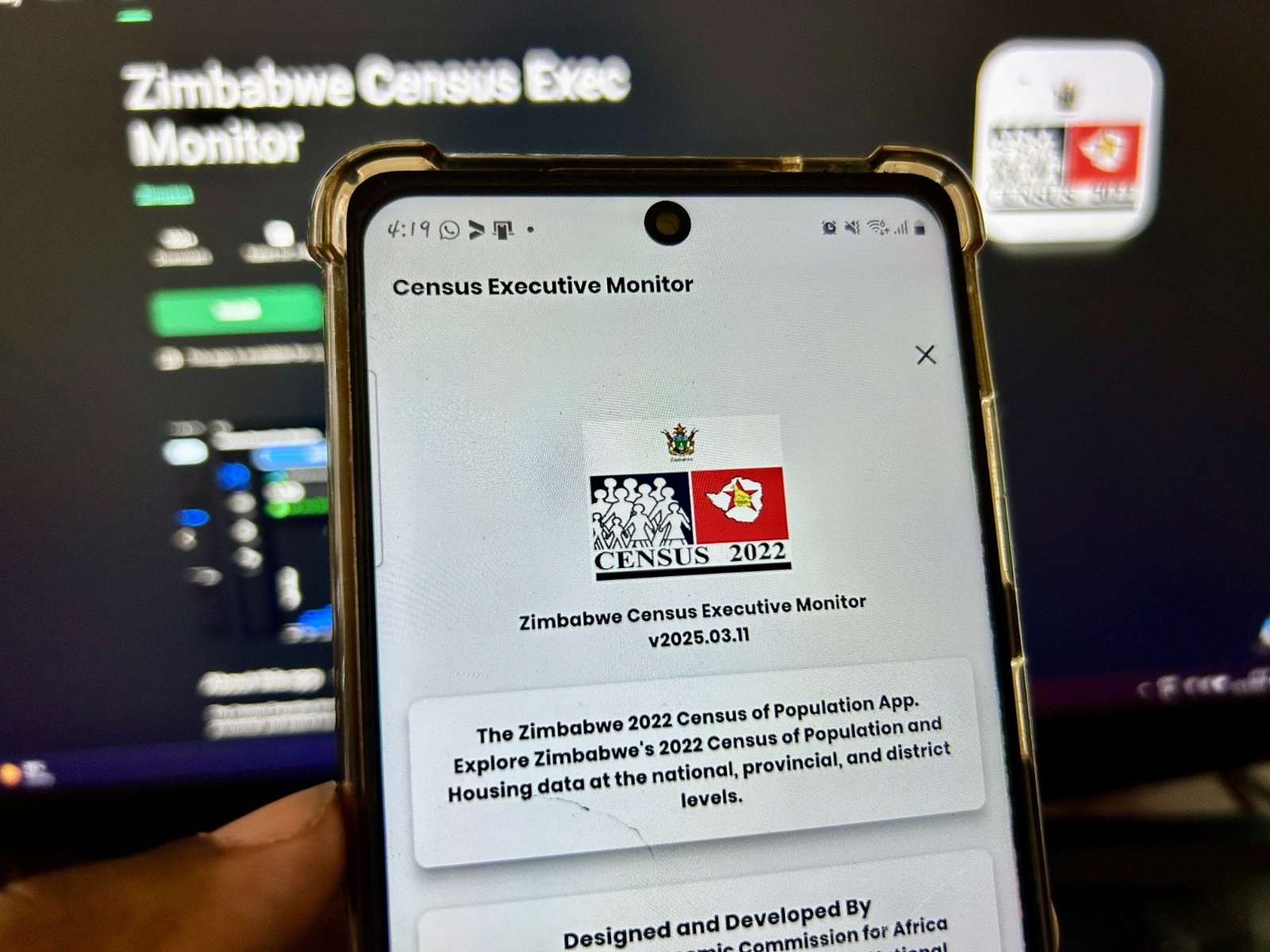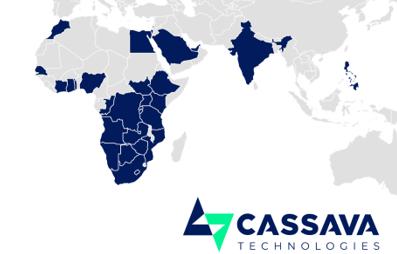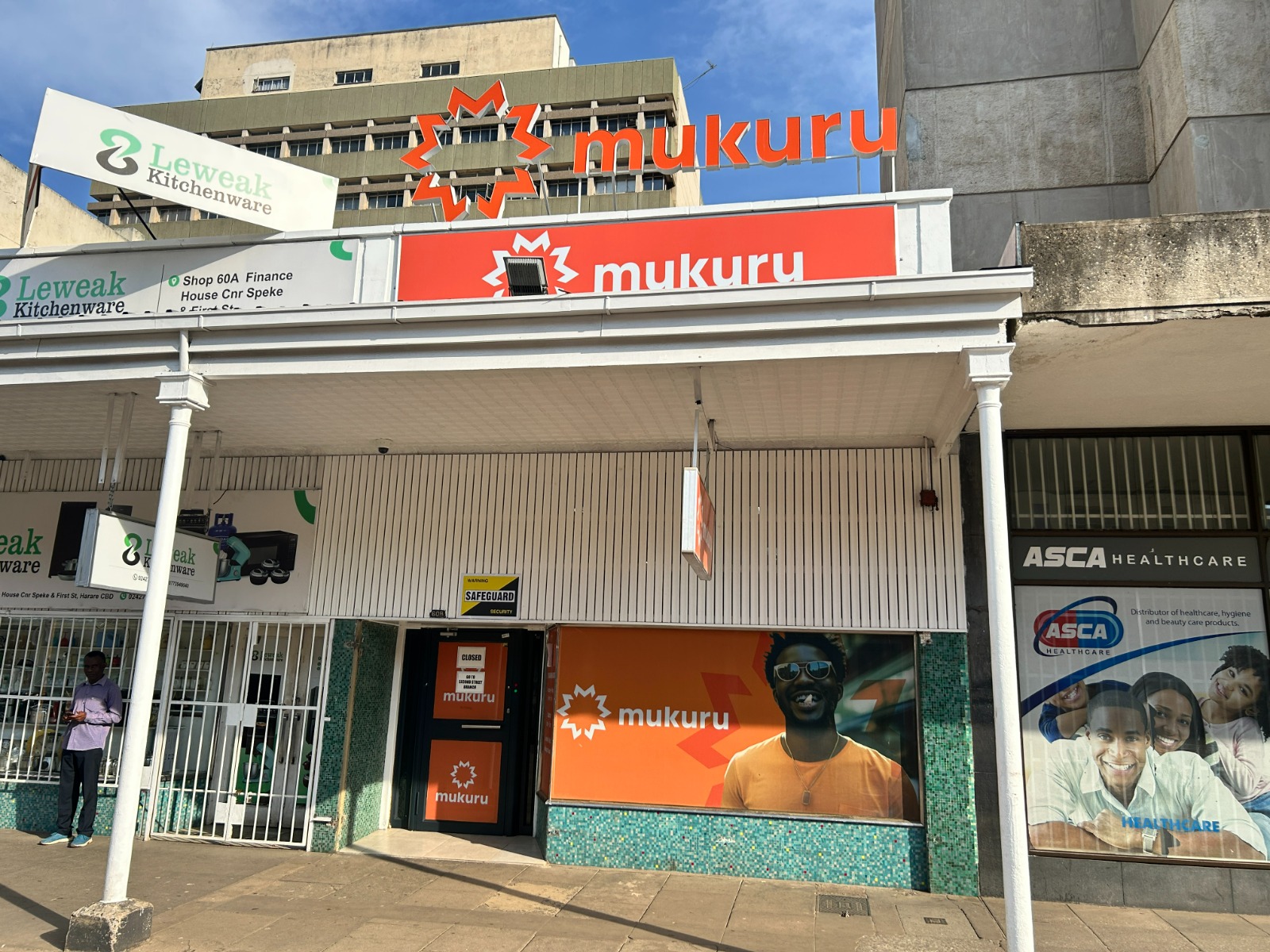Just over a week ago ZESA’s grid system suffered a catastrophic failure that saw both Hwange and Kariba somehow go offline, leaving the entire country, except Bulawayo and probably a couple of Bigwigs’ houses, in darkness. According to ZESA’s Chief Executive Engineer, Josh Chifamba, the power utility did not know then what caused the outage and I seriously doubt they know now. They instead shifted the blame to Zambia in a move that is all too familiar at a company that does not accept much responsibility.
When the outage occurred most people did not even know it was country wide until we read it in the newspapers. We have stopped asking questions ever since it became clear that the answers will not be forthcoming. Instead we just keep our heads down and look for alternatives and keep going on, after all that is what being Zimbabwean is all about nowadays. You shut up and find a solution that solves your problem and forget about the government. People in my neighborhood quickly and seamlessly switched to alternative sources of energy: their gas stoves and solar panels without so much as a blink. My colleague here even provided a helpful condensed list of alternative solutions.
Ok, I am rambling, this is not supposed to be another article about ZESA since God knows we would need entire books on the subject for all the good that it would do us. It’s about alternative sources of energy. Most sources except generators usually require the use of a battery of sorts and as I pointed out during the Solar Power for Dummies series, batteries are the weak link in most alternative power sources. They are easily damaged, store a limited power and are invariably expensive.
Well, if Elon Musk, the CEO of Tesla, the guys who made the first electric sports car, is to be believed, the “battery problem” is soon going to a problem of the past. He made an announcement last week promising a cost effective (it’s not clear if this is the same as cheap) heavy duty industrial and home use battery pack that will come with a beautiful cover, integrated inverter and can be easily mounted on a wall to cater for all home users’ electrical power needs and make the grid irrelevant in your life. This was music to my ears considering how dysfunctional our grid is.
The units have apparently been tested in over 300 houses by customers of Solar City, a reputable U.S. solar components company. Units for wider purchase are expected to be available starting in August of this year. Each unit weighs about a 100 kgs and can be wall mounted. The so-called Powerwall battery comes in two versions a 7 KW version that will be sold at $3,000 and a 10 KW version that will be sold at $3,500. These are US prices and we know how this works: someone buys an iPhone for $699 in the U.S, smuggles it through customs at the borders, and sells it for a nifty $1,500 in Zimbabwe, so the batteries will likely cost you more than it cost to purchase your ex-Jap.
This is somewhat justified by the fact that the pack will last for about 10 years resulting in a cost of about $350 a year for the higher priced unit which would be nothing if someone was to allow you to buy the batteries on credit. While the cost will be beyond the reach of the average home user, the battery might be a game changer if some sensible company like, say, Econet, were to install these on customers premises in exchange for fixed monthly payments. Or even a utility model where the customer actually pays the company using a prepaid meter for power used in a ZESA like model except this time you will not be unexpectedly plunged into darkness. The model has already been tried by Econet and Solar Access is working something along those lines.
This begins to sound even more appealing if you consider the fact that even a 7 KW model would be sufficient for most of your home needs: TV, Lights, Decoder, DVD, Home-theater, Laptops, phone charging, refrigerator, iron, microwave, internet (WiMax, Fibre and VSAT units can all be powered) and most other conceivable home uses. You can always use LP gas for cooking and a Solar heater for your water heating if the City Council is kind enough to allow you to enjoy the luxury of piped water. You can even install a separate solar borehole system.
The only draw back is that you will need to invest in solar panels to at least match the power rating of the system which can be a substantial investment indeed. At about $0.90 per Watt you will need about $5,000 for the panels and probably more, raising the cost of the entire system to about $9,000. This point would be moot if a private company were to make these investment instead and sell the power to homes.
Companies would be more likely to do this if our government were go out of its way and, instead of fighting its factional wars, recognize how the power crisis in this country is hurting the few remaining companies and start creating policies and legislation that favour the use of alternative energy. Governments in the EU and Americas offer rebates and incentives to encourage people to adopt alternative sources of power especially when its clean energy like solar.
If it pans out and this model were to be adopted, and I doubt it will ever be, at least for the foreseeable future, the Tesla battery and like minded innovations could bring about a revolution on par with the iPod’s, especially in developing countries like Zimbabwe and BRICS nations like South Africa where the energy crisis not only persists but is expected to get worse given the lack of future planning by the relevant power authorities.
All we have heard so far from our power utility is just talk of various proposed projects some of which have been “on the cards” for entire decades. Just like with the blackouts, I think we need to seize the moment as Zimbabweans, forget the government and ZESA, to create lucrative solutions to our problems and the Tesla battery could be the missing link that will allow us to do just that.













Comments
11 responses
By no means does “cost effective” mean “cheap”. Such advances do not become available without cost, regardless of fantasies promoted by those who insist that something can be had for nothing. On the other hand, Zimbabwe’s economy can not improve without functional and reliable infrastructure. Tesla’s battery may well be a partial solution to the problem with electricity. Other partial solutions may lie in solar cells and energy cells. Within all solutions lies the matter of personal accountability for resource performance.
You can not run a production plant using Solar.Basic physics.
The solution is not run away from the principal problem and duck our heads in the sand.We need to rehabilitate Kariba South and Wankie .No to over night get rich scemes.
The answer is it depends. If you are refering to the peanut butter making and maputi making plants that are currently the only industries dominating our economy then you can certainly use the solar plant. when done on a grand scale solar plants can power entire towns producing many megawatts of power.
Power intensive operations however, would certainly require other solutions like Hydro. Unfortunately we all know the Bigwigs will not be making any investments any time soon.
Interesting, I guess this was a logical next step. If I recall correctly, Tesla offers a charger with the ability to feed power from their cars back into the home during blackouts
In the UK there is a town called Rugby, it has so many industries, warehouses, thousands of homes and a city centre as big as Bulawayo, all this is powered by Wind turbines and solar on a farm just outside Rugby, considering that weather is always cloudy in UK probably 300 days of the year with so little sunshine. They are not connected to the national grid. Solar can very much do the business and we have it in abundance in Zimbabwe same is wind
A combination of solutions is typically required. No one energy source will be sufficient once one starts with “renewable” energy sources.
if econet does get involved it would be a rip off. those solar lights where cheap crap that didnt last. and those tablets they sold to uz students kicked up a worse stench. they got involved with the blackberry server deal to simply control it and block it in zim. those people are not your friend. they will screw you
There are so many solutions for renewable and “cheaper” energy. We are working on something, right here in Zimbabwe (in my kitchen). Watch this space.
Zim needs two nuclear power stations. If you want to develop you will need cheap power not expensive renewable energy alternatives ! The excess power we will export to other countries.
http://www.conserve-energy-future.com/Disadvantages_NuclearEnergy.php
http://www.conserve-energy-future.com/Advantages_NuclearEnergy.php